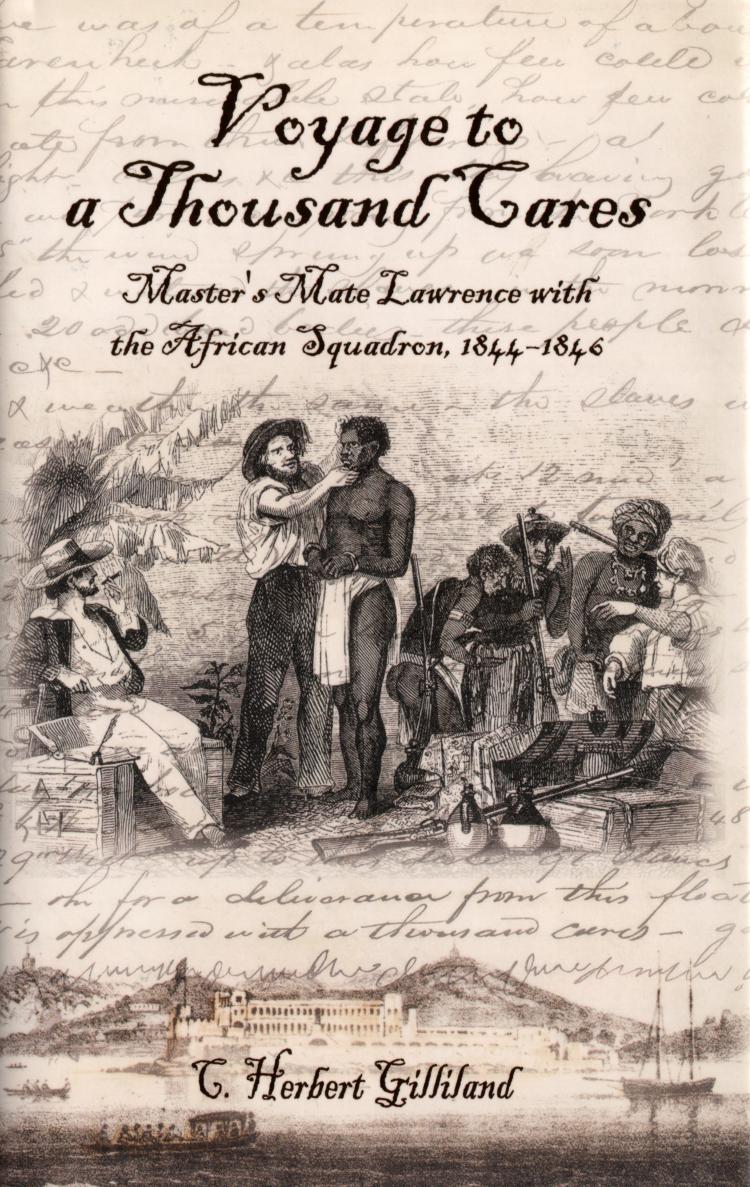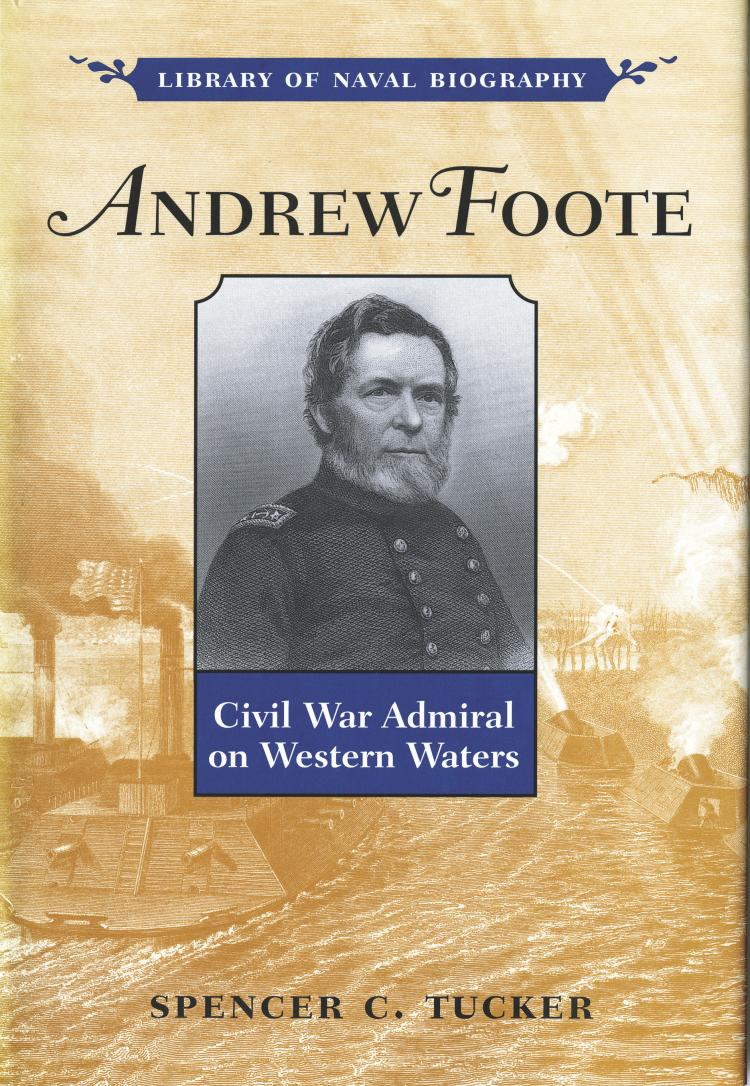In 1844 the USS Yorktown sailed from New York, as part of the U.S. Navy's newly established African Squadron, to interdict slave ships leaving the African coast. Aboard the sloop of war, Master's Mate John C. Lawrence, an educated New Yorker in his early twenties, kept a private journal describing what happened during the extraordinary two-year voyage and his reactions ...
Displaying 1 - 4 of 4
Voyage to a Thousand Cares
"Master's Mate Lawrence with the African Squadron, 1844-1846"
Available Formats: Hardcover
Andrew Foote
Civil War Admiral on Western Waters
This biography traces the life and career of one of the U.S. Navy’s first admirals, Andrew Hull Foote. As flag officer of the Union’s western naval forces, Foote was a key figure in the February 1862 Union victories at Forts Henry and Donelson in Tennessee and helped open the Confederate heartland to the Union.
Available Formats: Softcover
The Bridge at Dong Ha
This is the true story of the legendary Vietnam War hero John Ripley, who braved intense enemy fire to destroy a strategic bridge and stall a major North Vietnamese invasion into the South in April 1972. Told by a fellow Marine, the account lays bare Ripley's innermost thoughts as he rigged 500 pounds of explosives by hand-walking the beams beneath ...
Available Formats: Softcover
"U.S. Naval Mission to Haiti, 1959-1963"
U.S. Marines have been sent to Haiti many times since 1800, including as recently as 1995, but one of the most intriguing operations has—until now—been the least known. The 1959-63 mission exposed America's Cold War domino theory to the quagmire of Third World political tyranny. This revealing firsthand account of the operation is a tale of good intentions gone bad ...
Available Formats: Hardcover







